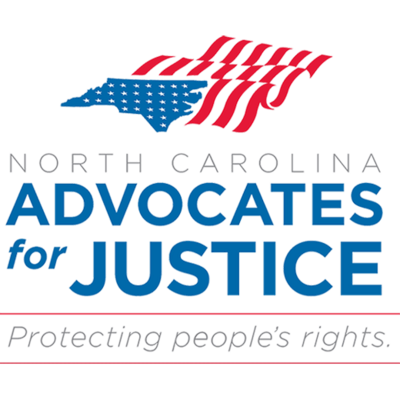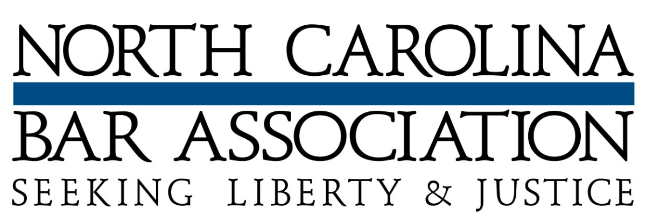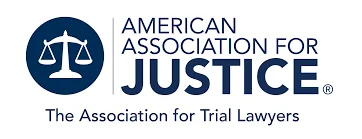Permanent Partial Disability Calculator
Hurt on the job? Get help from a Jacksonville workers’ compensation lawyer. We help injured workers navigate the claims system and receive the benefits they deserve. Call 910-405-7751 or message us now.

Jacksonville, NC Workers’ Compensation Lawyer
When you get hurt at work, you need a Jacksonville, NC, workers’ compensation lawyer. It should be easy to get your benefits. But too often, the insurance companies try to avoid paying the compensation you’ve earned and deserve. You can have a lawyer fight for you and your rights.
Can you have legal representation for workers’ comp in Jacksonville, NC?
Yes! We are lawyers who represent injured workers. We take on the insurance companies on behalf of employees who need their benefits.
How a Jacksonville Workers’ Compensation Attorney Can Help
- Understanding your rights
- Filing your claim
- Knowing the law
- Evaluating your benefits
- Representing you at a hearing
- Negotiating your compensation
- Exploring third-party claims
- Guiding the process
Understanding Workers’ Compensation in Jacksonville, NC
Workers’ compensation rules in Jacksonville follow North Carolina law. The law requires employers with three or more employees to carry workers’ compensation insurance.
This insurance pays benefits to workers hurt on the job.
The purpose is for you to get compensation and benefits easily and quickly.
About workers’ compensation benefits – yes and no
NO. You don’t have to prove employer fault for the injury. Negligence is not required.
YES. You must report the injury to your employer.
NO. Pain and suffering is not awarded.
YES. You may receive medical care at no cost to you.
NO. You may not disregard doctor’s orders.
YES. Wage replacement income is available if you are not able to work.
NO. There’s no prohibition on filing a third-party claim for compensation.
YES. A lawyer can represent you in pursuing your claim.
Your Benefits
Workers’ compensation benefits fall into several categories.
Medical care
You have the right to medical care at no cost to you. This includes everything needed for you to reach maximum medical improvement for your injuries. You may receive emergency care, ongoing treatment, diagnostic testing, surgeries, stabilization measures, therapy, supplies, and medication.
There are also requirements for you. You must comply with your medical care directives and go to the doctor your employer chooses.
Wage replacement
If you are temporarily disabled from working, you may receive replacement income. The amount that you receive is based on your average weekly wages before the injury.
Disability compensation
Sometimes, a work injury results in permanent impairment, and you deserve to be compensated fairly. In workers’ compensation, this is done through a schedule of injuries and a rating of how much function has been lost.
The impairment rating is very important. It is calculated against your average weekly wage and the number of weeks assigned to the body part injured to determine your disability compensation.
Issues our Lawyers Handle in Workers’ Compensation Claims
Right to compensation
The insurance company may claim that you do not qualify for benefits. They may give several reasons, such as workers’ comp laws not applying or that you did something to forfeit your right to benefits. We’ll fight for your interests.
Amount of benefits
Whether it is disputing your average weekly wage or your impairment rating, we can fight to maximize your compensation.
Medical care
There may be a dispute about what medical care is appropriate in your situation. We’re ready to pursue your full medical rights.
Work disputes
The physician treating you may order that you return to work before you’re ready. They want to pressure you in a way that can aggravate your injuries. We can help you address work disputes and gather medical evidence in your favor.
Retaliation
If you have faced retaliation for filing for workers’ compensation, please let us know.
Procedural issues
We handle important procedural issues, such as filing paperwork, requesting a hearing, or filing an appeal.
Identifying issues
As part of our representation, we use our experience to identify things that may be important to your situation. Our team takes the time to explain what you need to know so that you can have confidence in your case.
Choose Our Experienced Team
At Horton & Mendez Injury Attorneys, everything we do is to help people and their families. We know the tactics of the insurance companies because we used to work for them. Now, we use their own playbook against them and fight on behalf of injured workers.
We’re experienced in workers’ compensation claims. Count on us to handle your case efficiently while focusing on the things that are most important to your success.
Workers’ Compensation Lawyer FAQs
What kind of lawyer handles workplace injuries?
A personal injury lawyer who specializes in workers’ compensation handles on-the-job injury claims. We represent the interests of the injured person in claiming benefits through the workers’ comp system.
How do you hire a lawyer as an injured worker in Jacksonville, NC?
If you’re an injured worker, contact our law firm. Tell us that you’ve been hurt at work, and share your story with us. We’ll talk about our representation and make the sign-up process easy.
Should I accept my workers’ comp settlement?
It depends. To know if you should accept a workers’ comp settlement, you need to know what categories of benefits apply and what your case is worth. Contact us for a case review.
Do you handle disease claims, too?
Yes. If you have suffered an occupational disease, please contact us. We’ll work quickly to preserve your right to benefits.
Are there time limits to file for workers’ compensation?
Yes. If you’re hurt on the job, get medical attention and report the accident to your employer. Then, contact us right away.
Free Consultation—No Fee Unless You Win
We know that when you’re hurt, you may worry about how to pay for a lawyer. That’s why we offer free consultations. Ask how we can represent you with no fee unless you win your case.
Hire a Jacksonville Workers’ Compensation Lawyer
Start by reaching out to the Jacksonville workers’ compensation lawyers at Horton & Mendez Injury Attorneys. Call or message us now.






























